Assessing the Performance of Various Water Filters
“Water is the elixir of life,” they say. But what if the water we drink is contaminated? 😨 That’s where water filtration comes in. It’s like a superhero, removing unwanted guests from our water, like chlorine, lead, and bacteria. 🛡️ It’s a crucial step in ensuring we have access to clean and healthy water for drinking, cooking, and other daily activities.
Key Performance Indicators
When it comes to choosing a water filter, the cost and maintenance requirements are crucial factors to consider. 💰💸
Think of it this way: a water filter is like a car. You need to buy it, but you also need to keep it running smoothly. The cost of the filter is like the purchase price of the car, while the maintenance costs are like the fuel, oil changes, and repairs.
Just like cars, water filters come in a range of prices. Some are relatively inexpensive, while others can be quite pricey. The type of filter you choose will depend on your budget and the specific contaminants you want to remove.
Maintenance costs are also important to consider. Some filters require more frequent cleaning or replacement than others. This can add up over time, so it’s important to factor in these costs when making your decision.
| Filter Type | Cost | Maintenance |
|---|---|---|
| Activated Carbon | Low | Moderate |
| Reverse Osmosis | High | High |
| Ultrafiltration | Moderate | Low |
| Distillation | High | Low |
Testing Standards and Certifications
Water filters undergo rigorous testing to ensure they meet industry standards and provide reliable performance. Two prominent organizations that certify water filters are NSF International and the Water Quality Association (WQA).
NSF International, a global public health organization, establishes standards for water treatment and purification products. Their certification program assesses filters’ ability to remove specific contaminants, including chlorine, fluoride, heavy metals, and bacteria. Products that meet NSF standards bear the NSF seal of approval, indicating their compliance with strict safety and performance requirements.
Similarly, the WQA is a non-profit organization dedicated to promoting water quality. Their Gold Seal program certifies water filters that meet or exceed industry standards for contaminant removal, flow rate, and capacity. The Gold Seal is a mark of excellence, assuring consumers that the filter has been independently tested and verified to deliver safe and effective water treatment.
Effectiveness Against Specific Contaminants
Waterborne bacteria and viruses pose significant health risks. Effective water filters play a crucial role in removing these microorganisms, ensuring safe drinking water.
- Activated Carbon Filters: These filters effectively reduce chlorine and organic contaminants but have limited capacity for bacteria and virus removal.
- Reverse Osmosis Systems: RO systems are highly effective in removing bacteria and viruses, as they use a semipermeable membrane to filter out impurities.
- Ultrafiltration Membranes: UF membranes are also effective against bacteria and viruses, but they may require additional disinfection to ensure complete removal.
- Distillation: Distillation is the most effective method for removing bacteria and viruses, as it involves boiling water and condensing the steam, leaving behind impurities.
Comparison of Filter Types
Distillation, the process of boiling water and condensing the steam, is the most effective water filtration method. 💧 It removes virtually all impurities, including heavy metals, bacteria, and viruses. However, distillation systems are expensive, slow, and energy-intensive. 💸⚡
| Filter Type | Effectiveness | Cost | Maintenance |
|---|---|---|---|
| Activated Carbon | Moderate | Low | Regular replacement |
| Reverse Osmosis | High | High | Regular membrane replacement |
| Ultrafiltration | High | Moderate | Regular membrane cleaning |
| Distillation | Excellent | High | Energy-intensive |
HOW EFFECTIVE ARE WATER FILTERS ON YOUTUBE
FACTORS AFFECTING EFFECTIVENESS
Just like any other appliance, water filters require proper usage and maintenance to ensure optimal performance. Neglecting these practices can significantly impact their effectiveness. 💧
Imagine your car – if you don’t change the oil regularly or ignore warning lights, its performance will suffer. The same goes for water filters. Regular cleaning and timely replacement of filter cartridges are crucial. 🔧
Proper usage also plays a vital role. Overloading a filter with more water than it can handle can reduce its efficiency. Similarly, using a filter beyond its recommended lifespan can compromise its ability to remove contaminants. ⌛️
Long-Term Performance Monitoring
Keeping an eye on your water filter’s performance over time is crucial. It’s like checking in on a friend to make sure they’re still doing okay. Here are some telltale signs that your filter might be losing its mojo:
-
Taste and odor changes: If your water starts tasting or smelling funky, it could be a sign that the filter is no longer removing impurities effectively. 🤢
-
Reduced flow rate: A slower water flow can indicate that the filter is clogged or dirty, hindering the water’s passage. ⌛️
-
Visible particles: If you notice any particles or sediment in your filtered water, it’s a red flag that the filter needs attention. 🔎
-
Increased water usage: A thirsty filter can lead to higher water consumption, as it struggles to keep up with demand. 🚰
-
Filter discoloration: A change in the filter’s color, especially if it becomes darker or discolored, can be a sign of contamination or reduced effectiveness. 🎨
Remember, regular testing is the best way to ensure your filter is still performing at its peak. It’s like giving your filter a checkup to make sure it’s in tip-top shape.
Choosing the Right Filter
When it comes to selecting the most suitable water filter for your specific needs, it’s wise to seek guidance from a knowledgeable water treatment professional. 💬 They possess the expertise to analyze your water source, assess your usage patterns, and recommend the filter that will effectively address your concerns. Their insights can save you time, effort, and ensure you make an informed decision that aligns with your budget and water quality goals. 💰
MAINTENANCE AND REPLACEMENT
Maintaining your water filter is crucial for optimal performance. Follow the manufacturer’s recommended cleaning and replacement schedules. Regularly cleaning the filter removes accumulated contaminants and prevents clogging. Replace the filter when it reaches its capacity or shows signs of reduced effectiveness, such as slower flow rate or decreased contaminant removal.
Tip: Mark your calendar with the filter replacement date to ensure timely maintenance.
Filter Replacement Frequency:
| Filter Type | Replacement Frequency |
|---|---|
| Activated Carbon | 3-6 months |
| Reverse Osmosis | 1-2 years |
| Ultrafiltration | 6-12 months |
| Distillation | As needed (based on usage) |
Troubleshooting Common Issues:
- Slow flow rate: Clean or replace the filter. Check for leaks or blockages in the system.
- Reduced contaminant removal: Replace the filter. Check if the filter is rated for the specific contaminants you’re targeting.
- Leaking: Tighten connections or replace seals. Check for cracks or damage in the filter housing.
Conclusion
Key Findings
“Water is the elixir of life, and clean water is essential for our health and well-being.” 💧
Our journey through the world of water filters has revealed the crucial role they play in safeguarding our precious H2O. We’ve explored the key performance indicators, testing standards, and effectiveness against various contaminants.
Importance of Effective Water Filters
“A clean glass of water is a symbol of health, purity, and vitality.” 💧
Effective water filters act as guardians of our water supply, removing harmful contaminants and ensuring its safety. They protect us from waterborne illnesses, improve taste and odor, and contribute to our overall well-being.
Recommendations for Optimal Water Quality
“Investing in a quality water filter is an investment in your health.” 💰
To ensure optimal water quality, consider the following recommendations:
- Choose a filter that meets your specific water needs and budget.
- Consult with a water treatment professional for expert guidance.
- Maintain your filter regularly according to the manufacturer’s instructions.
- Monitor your water quality periodically to ensure continued effectiveness.
By following these recommendations, we can ensure that our water is not only clean but also a source of health and vitality. Remember, “Water is the driving force of all nature.” 🌿
THE EFFECTIVENESS OF HOME WATER PURIFICATION SYSTEMS ON THE … – NCBI
CHOOSING HOME WATER FILTERS & OTHER WATER TREATMENT SYSTEMS | CDC
HOW LONG DO ZERO WATER FILTERS LAST
WHAT WATER FILTERS ARE BEST
HOW TO CLEAN WATER FILTER BRITA
HOW TO CLEAN WATER FILTER BRITA
HOW GOOD ARE BRITA WATER FILTERS

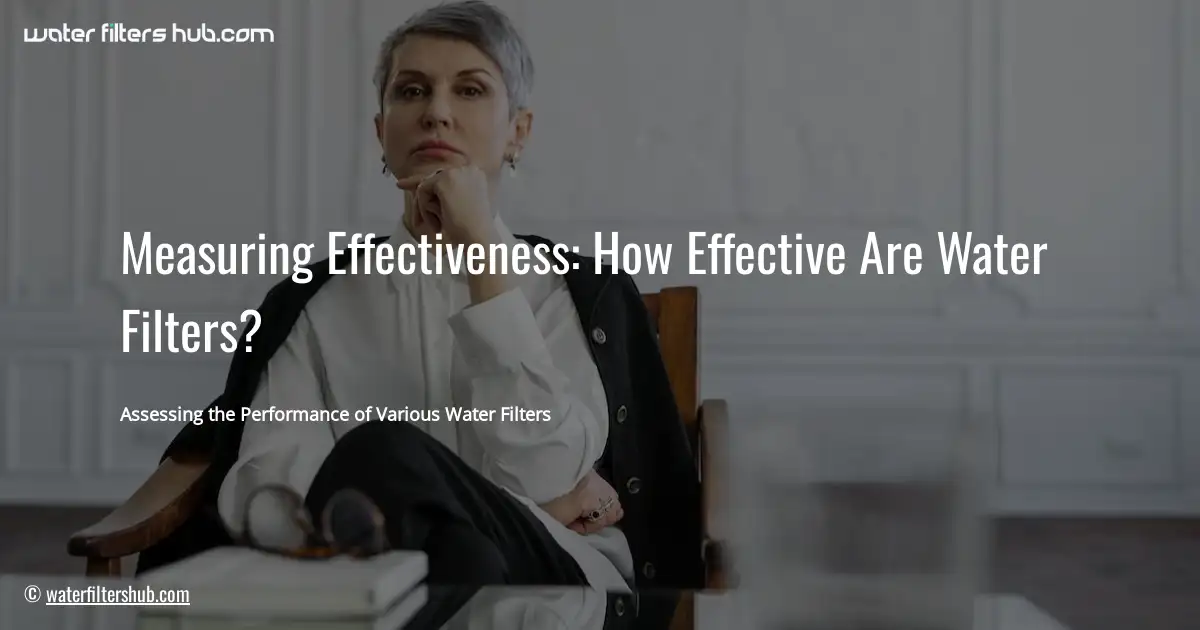
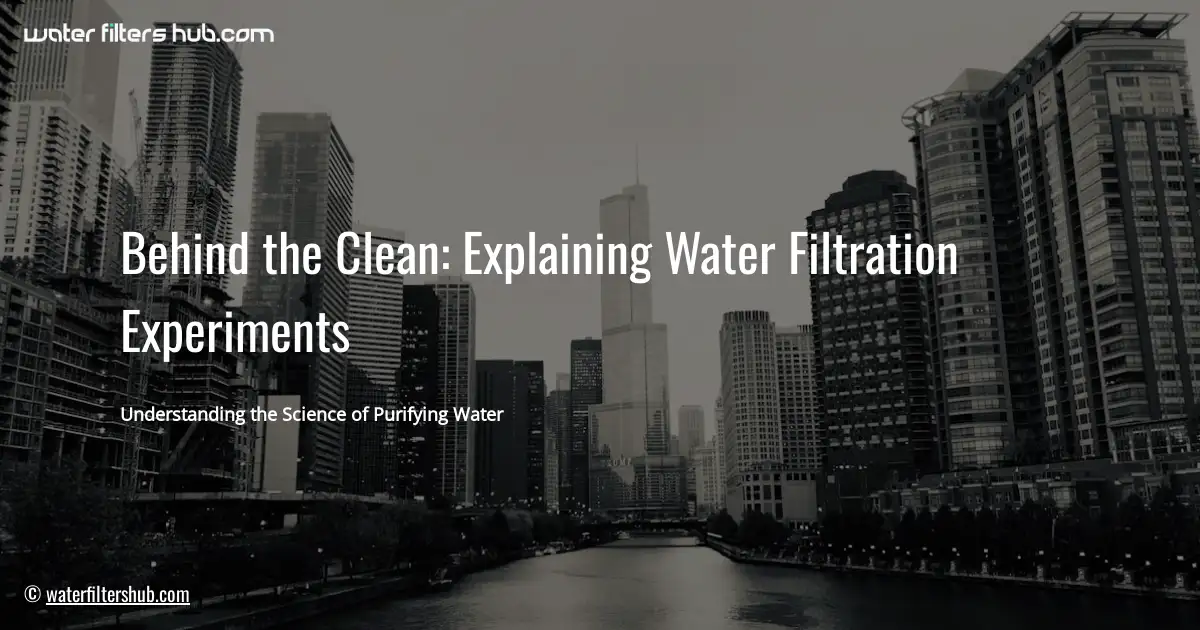
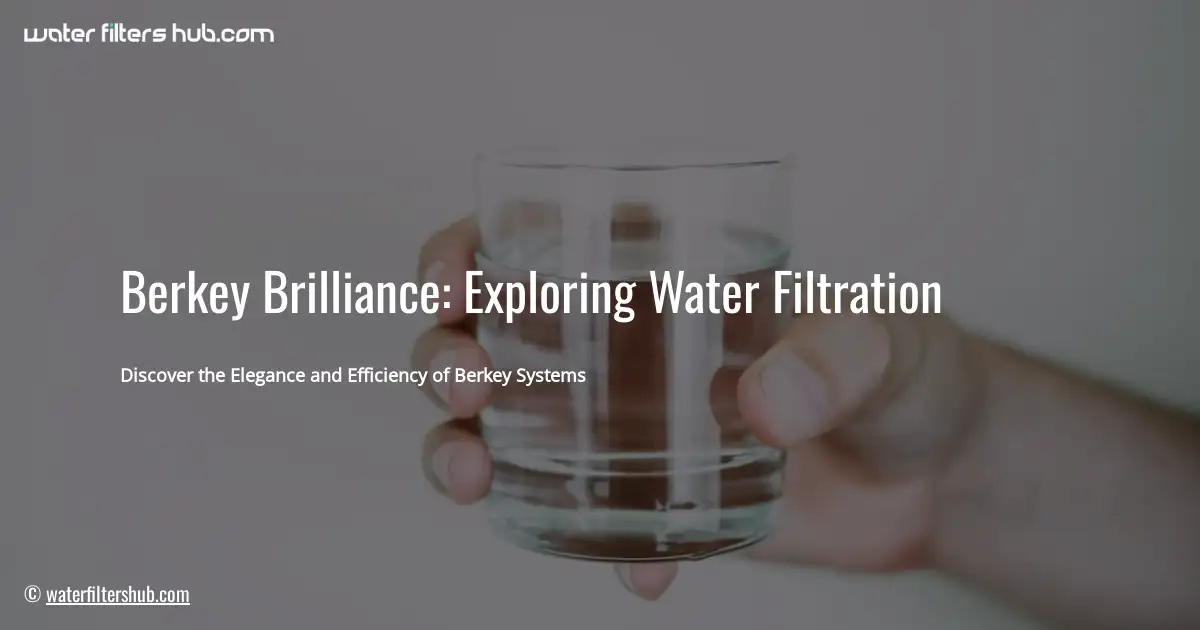
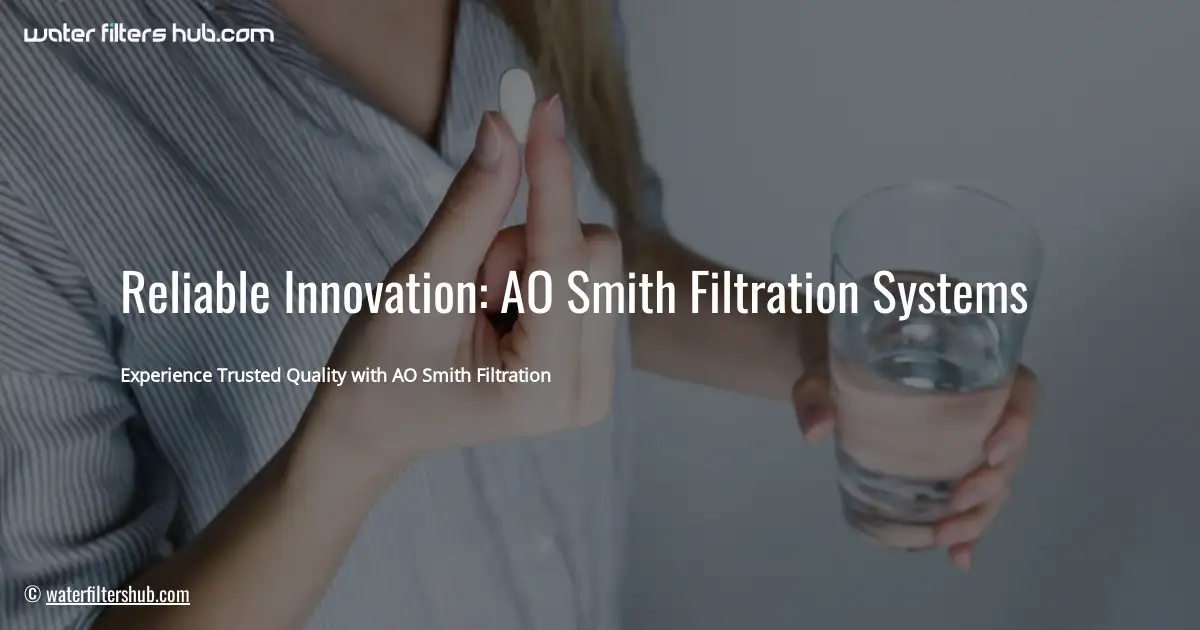

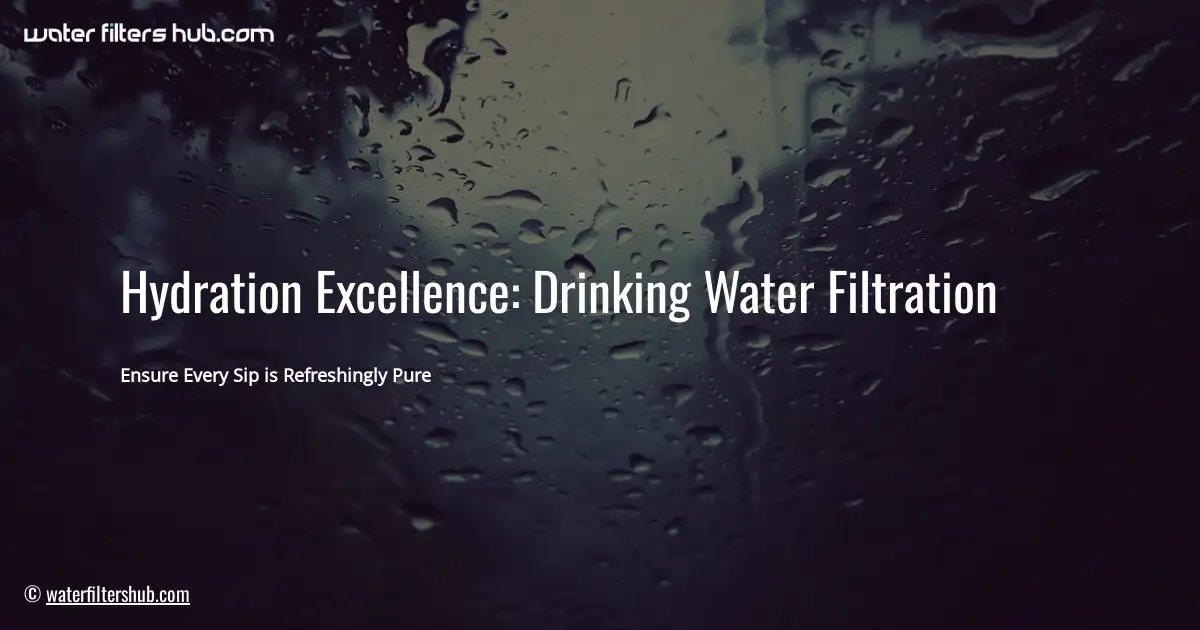
Leave a Reply